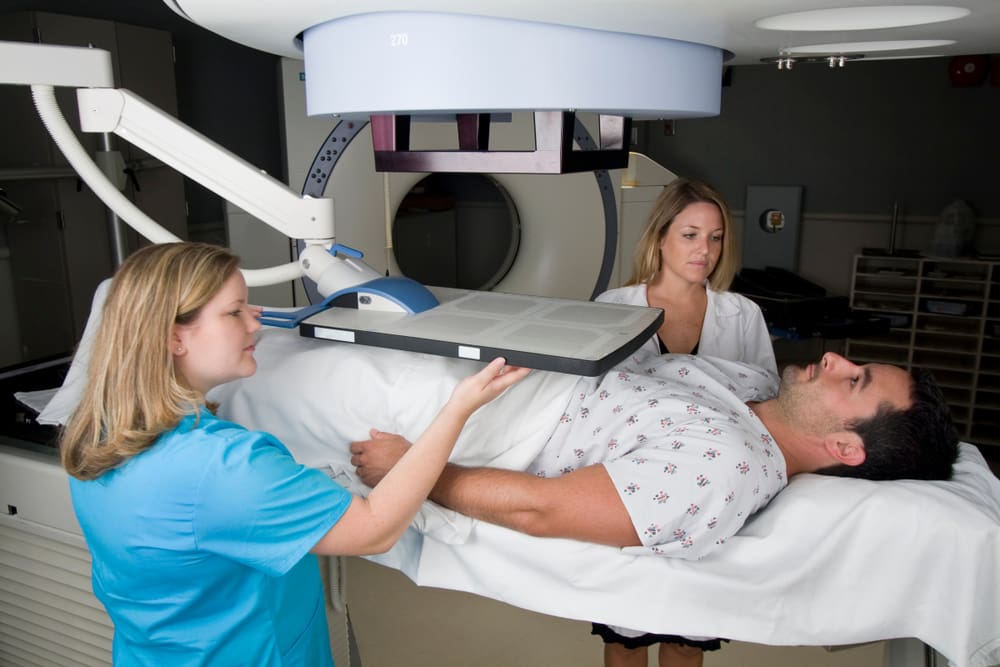A recent study published in The Lancet Oncology may reveal a new way to treat patients with radiation cystitis symptoms.
The researchers explored the use of hyperbaric oxygen therapy to relieve radiation cystitis symptoms for patients with prostate cancer who have undergone radiotherapy. Radiation cystitis manifests itself as irritation and inflammation in the lining of the bladder and in the urethra, which can cause several symptoms, including increased urination frequency, a burning sensation when urinating, difficulty urinating, and blood in the urine.
Based on a randomized controlled trial, researchers from five Nordic University Hospitals examined the results of hyperbaric oxygen therapy in 223 patients (between ages 18 and 80 years) and found the therapy showed efficacy in relieving symptoms.
This study may offer nurses and other healthcare providers new ways to help care for patients undergoing treatment for prostate cancer.
Please read more about the study here and more information on radiation cystitis here.
Source:
https://www.thelancet.com/journals/lanonc/article/PIIS1470-2045(19)30494-2/fulltext


















